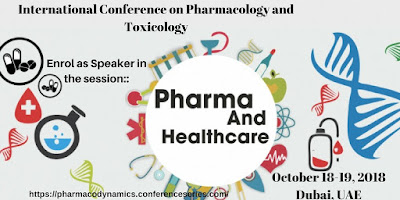Pharma and Health Care
In recent years, there
are many disputes going between Pharma and Healthcare
organisation which will have impact on the sick people. Effective and cheap
health promoting activities are supported by industry because they are not
patented and low-cost. As the result most affected are the sick, poverty-stricken
and the minimum educated ones, free market successes appear to pose unsolvable
challenges to justice in social public health.
The major factor is Advertising
Drugs and Selling Sickness.
Public advertising gets
increasingly powerful using aggressive direct-to-consumer marketing, payments
to celebrities for appearing on TV shows and telling about their illnesses and
cures, and sophisticated targeting of consumer groups that will then
effectively lobby insurers and regulators for the industry’s causes A most
remarkable tactic for expanding drug markets is “disease mongering,” i.e., trying
to convince essentially well people that they are sick by medicalization of
trivial conditions: for instance, defining abdominal discomfort as irritable
bowel syndrome or normal aging as menopause and osteoporosis, inducing people
to believe they need treatment. Psychosocial conditions are especially
susceptible to framing by experts as medical conditions: attention deficit
hyperactivity disorder (ADHD), depression, social anxiety disorder, sexual
dysfunction. Pharmaceutical
companies use the Internet to access teachers and to influence their
brokerage role to increase ADHD diagnosis and Ritalin usage. For concerned
parents, a suggested response by Novartis to teachers is: “Make it clear to
them that it is important for them — and their child — to understand and follow
the doctor’s medical advice about medication.
The industry will
oppose these changes, and with its current power and ties to political forces,
a significant move towards correct directions is unlikely. Awareness, research
and public education about the problem are necessary to foment sufficient
political will for change. Transparency about potential risk of products should
be an integral part of an ethical code of conduct in the industry. On the other
hand, public health activists should learn from the industry the valuable
techniques of marketing and quality control to better achieve an effective and
just utilization of limited health care resources.




Comments
Post a Comment